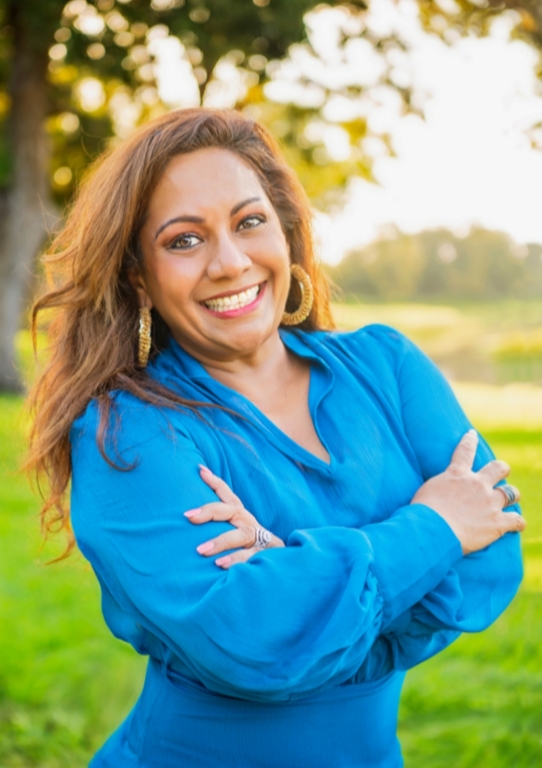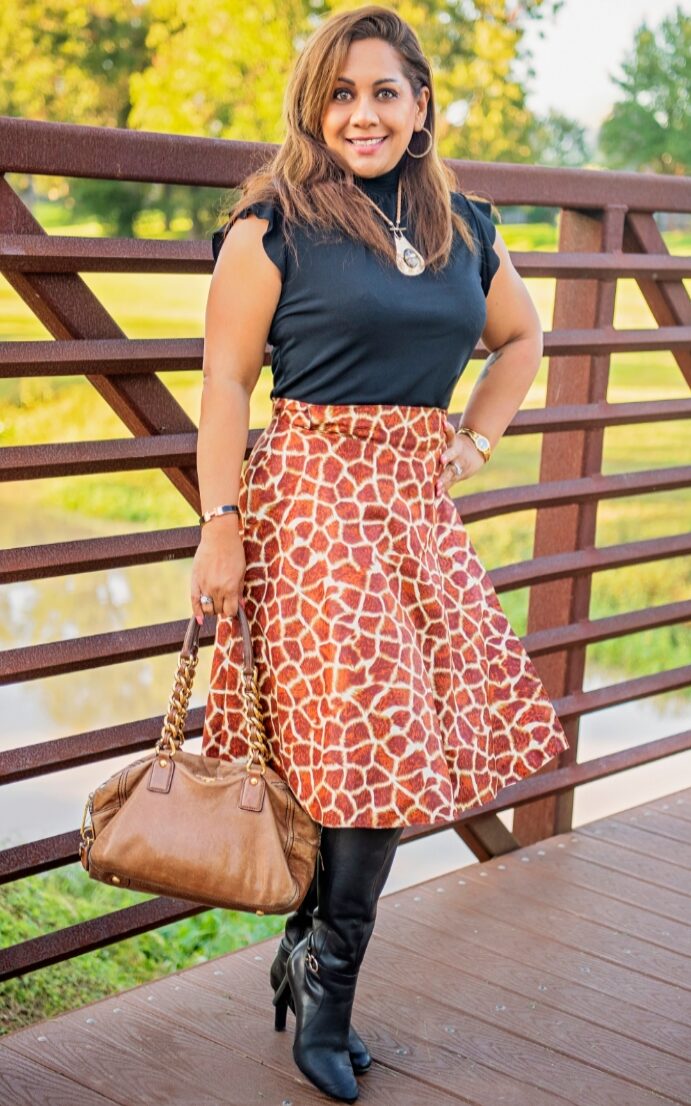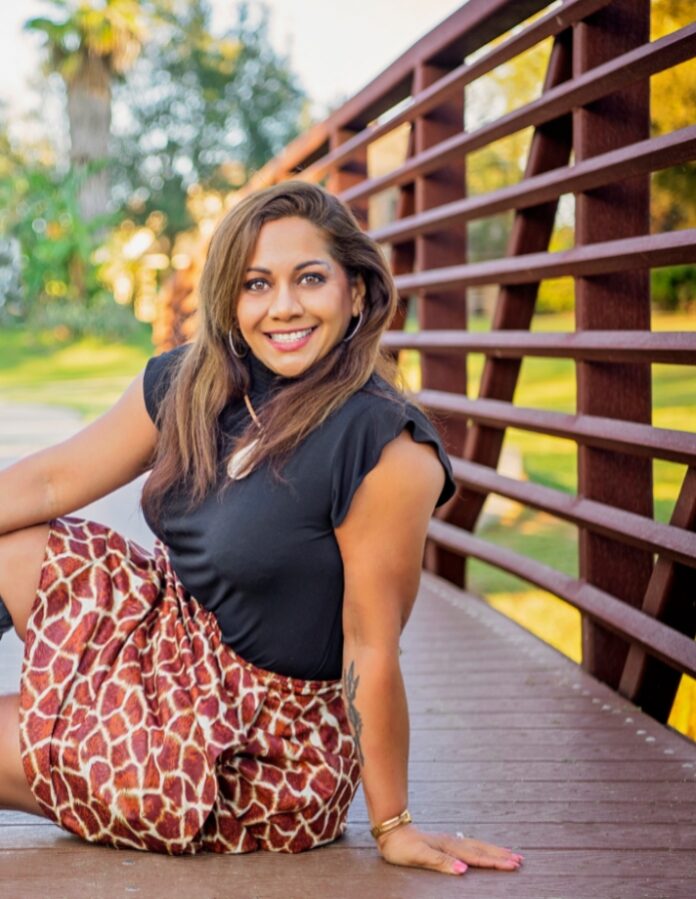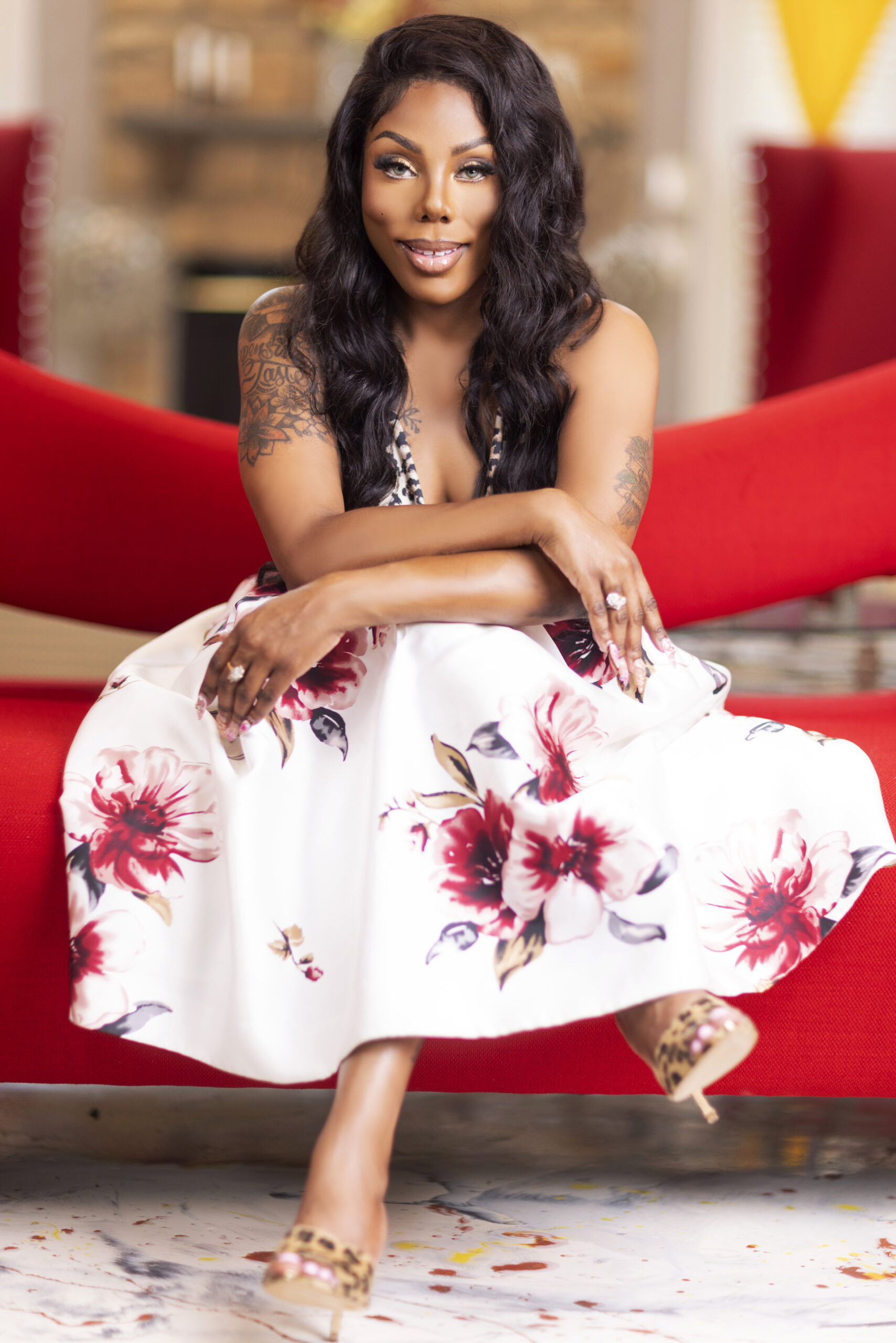( ENSPIRE Interview ) Exclusive ENSPIRE Interview With Sabeeta Bidasie Singh About Impacting Change as an Educator
ENSPIRE Contributor: Janelle Harris
Sabeeta Bidasie Singh is a highly accomplished business consultant and university professor with global experience in Australia, Asia, the U.S., and the Caribbean. Her doctorate is focused on agility and transformation during times of disruption backed by MBA and chartered marketer designations. Singh is a coach, a trainer, and a professor.
We interviewed Sabeeta and talked about the changes in one’s energy due to everything that has been going on in the past several months. We also discuss society and how education is more than academics. Check out the interview below.

How do you feel about change?
I am confident everyone can create change, and COVID-19 has really tested the world’s endurance and the ability to manage abrupt and sudden change. I come from very humble beginnings, and my international exposure and journey of success is a motivating one for many young people, particularly those who feel as though their lives are fixed—we must believe that energy is a rolling dynamic and the only way to grow is through change.
We live in a very unbalanced world where privilege is not always earned but awarded and the recent “Black Lives Matter” campaigns address the reality that discrimination takes away equality and reduces the playing field. The concept of privilege encompasses unearned advantages that are exclusive and socially promoted. For example, Let’s look at a colored teenaged boy who is out in the streets at night, who is usually stereotyped to be “up to no good” versus a white kid who is normally viewed as “coming home from work or taking care of an errand.” The scenarios for both kids are constant. However, the only difference is one kid is white, and the other is Black—color automatically awarded a position of power. The White kid has a privilege he did not earn but was conferred to him by society and is exclusive to Whites. Privilege is not something that someone owns but is a feature of our social system—almost like a rule to participate or social condition.
There is so much attention on societal breakdowns, how can we create a movement of change?
Whether I am presenting lectures on organizational behavior or change management, I like to talk about systematic constraints where I do a deep dive on the philosophy of “privilege.” Privilege is constructed around three fundamental principles: (I) dominance, (ii) centeredness, (iii) identification. I do work closely with the academic alignment of athletes at college, and over 75 percent of these athletes are Black Americans of which is a significant number on scholarship. These are students that are awarded an academic opportunity because they possess an ability that can bring value to the mix of sports and academia in educational delivery. When I think about my ability to impact change, I look at the many ways I can keep these athletes centered on finding wholeness and balance. I have been told many times that these colored boys must work twice as hard because of their skin color. Whenever the topic does arise, I navigate away from the received idea that would otherwise shackle these athlete’s confidence and reinforce the importance of individualism to these students.
The breakdown of societal constructs like these must start on a legislative level, for example when filling out a form you are asked to identify as either (1) White, (2) Non-whites, I pose this question if being white is the standard for being human and everything else is unworthy—can we define “Non-white?” I have had several conversations with athletes who have expressed their fear that if their athletic ability was no longer an asset, they wondered if being a “Black athlete” would put them in a position of disadvantage when seeking employment. Society has formed its perception of the intellectual value of a “Black athlete,” which is not fair in the least. Earlier I talked about “individualism” as a construct of privilege and when I work with these athletes, I strive to develop an athlete who is given as many opportunities to achieve non-sporting identities, grow their knowledge about life outside of sports, acquire job-related skills, form meaningful relationships with mentors to support them throughout their journey and build academic excellence.
How can education assist in moving past societal limitations?
Whether I am wearing the hat of a lecturer, trainer, or business coach, I foster skills that encourage lifelong learning in people, I emphasize the importance of having self-regulating skills that can lead to improving future outcomes. I enable change by helping people improve non-cognitive skills such as motivation and the ability to adapt to new situations. I spend time reinforcing positive behaviors, I promote social and emotional well-being, and address sensitive topics like juvenile or adult crimes and its long-term implications on the individual. Science has proven that the way the brain functions is fueled by warmth and a sense of safety, which I promote in teaching. It is not an exaggeration when I say that a great teacher can change a student’s life, and there are so many great teacher stories that attest to the benefits of a strong teacher-student relationship.
Every interaction I have with my students ensures that I am always giving them a role model because I believe that learning is not only about academics, but it is about lifestyle enrichment. One of the ways I excel as an educator is by connecting with my students and reaching them on multiple levels because I am passionately invested in their well-being. I believe in the power of storytelling, and I use insightful and motivating stories of real-life situations that demonstrate more is possible.

How do you impact change?
I stand with confidence when I say that I am a part of change, and I impact change through:
- Inspiration – I remember being inspired by my History teacher when I was much younger, so I understand how inspiration plays a significant role on the profession of teaching—everyone wants a role model. An inspired student will push themselves to their full potential and achieve amazing things. There are many ways I inspire my students, including providing support towards academic excellence, work-life balance, and career guidance on job market opportunities. Apart from this, I also involve them in understanding themselves to find their true talent—to build their careers on the gifts they can share with the world.
- Education – I add fun to the learning process through engagement and stimulation. I believe in self-directed learning as we move towards activating the construct of knowledge. I tend to focus more attention on the students that are disruptive or prone to behavior issues and make these students my immediate project to convert. I use a two-way loop in ensuring the cycle of learning is complete.
- Guidance – My students believe in me, and I become their go-to person to bounce ideas off even when those ideas are non-academic. Many times, I am operating as a mentor, and it almost feels like I am their mother, especially when they need an extra push in coaching.
My advice to anyone who wants to explore a career in teaching, “You are more than a test score, you influence more than a number, your value extends beyond your work, you change lives, you impact futures—you are a teacher.”
Please check out her Instagram, @Sabeeta47.







